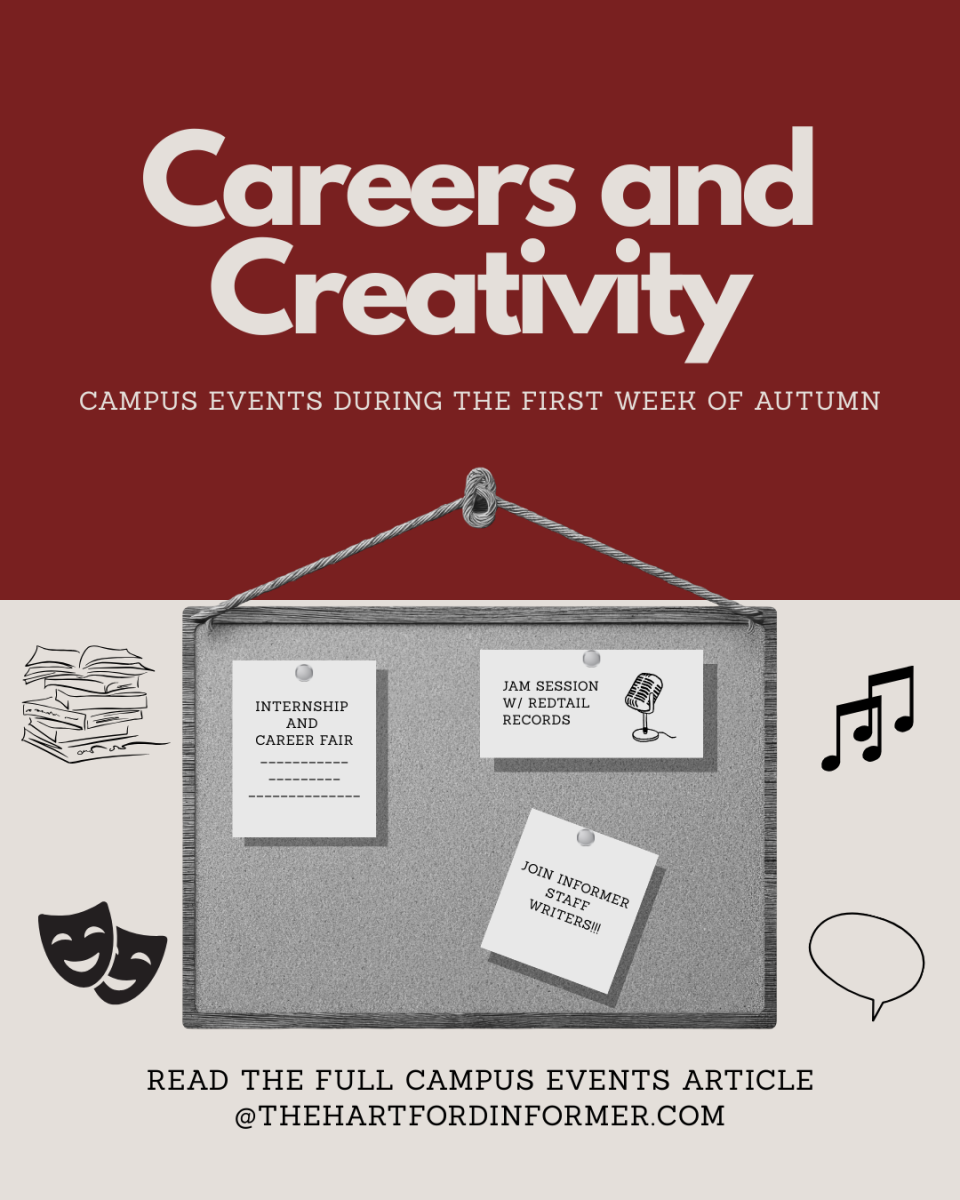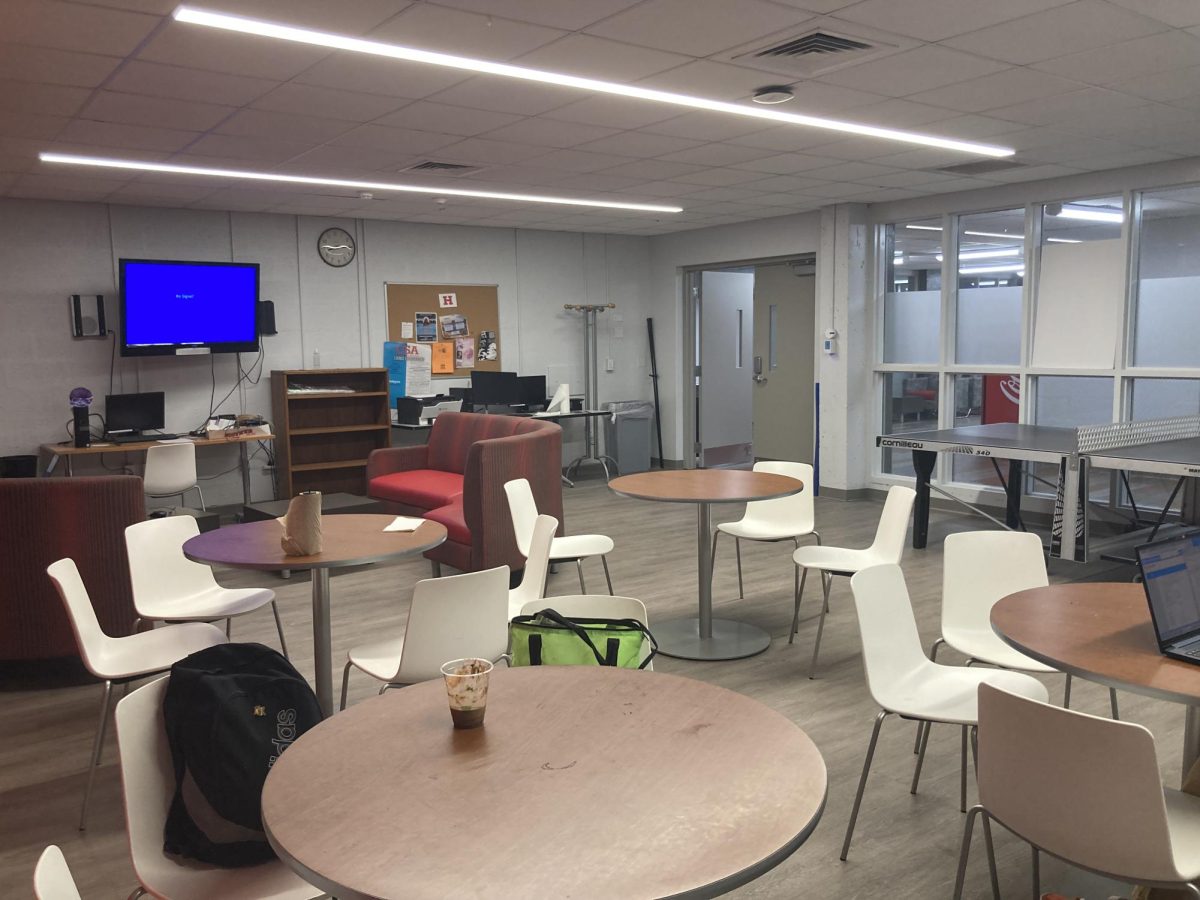Coronavirus: Update on Closing and Mental Health of Students

Image Courtesy of CNN.com
April 1, 2020
The last few weeks have seen an unprecedented number of closings, cancellations, and postponements. Just a few days ago, the University of Hartford announced that in-person classes would not resume for the remainder of the semester. Beginning March 30th, online classes will commence either through Zoom, WebEx, or a similar platform. Some professors have decided that they will not be requiring digital classes and will instead be sending work for students to complete independently. This transition has posed a challenge for students and professors alike, with everybody trying to make the best out of a tough situation. In 1918 and 1919, the Spanish Flu caused a devastating pandemic, killing over 10,000 people. Because such a major pandemic has not happened in over a century, politicians, medical personnel, and the general populace do not know how to respond. According to Stephen Mills, a freshman at the University of Hartford, art students are having a particularly difficult time adapting to the transition. Majors such as illustration, acting, and civil engineering are contingent on group activities and the move toward online learning has taken a toll on such students. Moreover, high school and college seniors have voiced their disappointment regarding the end of their final year. University of Hartford seniors will no longer have the chance to walk down the stage with their classmates of four years. High school seniors will be unable to attend their senior prom or say their goodbyes before departing for college. The university has announced that by March 30th they will contact students with specific time slots for retrieving their belongings from on-campus residences. Due to the social distancing mandate, this will likely take a while as there are hundreds of students who need to move out of their dorms. The university is also trying to reschedule graduation and commencement ceremonies for the summer or fall, but this has not been officially declared yet. By April 15, the university will provide financial updates and according to President Woodward, the university will be providing some type of financial compensation to its residential students. Students from other schools, such as the University of Connecticut, have begun protests imploring their administrators to return their money. According to President Woodward and other university officials, all residential students have been asked to go home and the student government association will continue to operate in a limited fashion. This is a difficult time for everyone, but the university president has assured everybody that this is being done for the health and safety of the community.
As students continue to be quarantined in their homes, many medical experts have voiced their concern regarding the effect that this will have on mental health. Many individuals who suffer from depression, anxiety disorder, or bipolar disorder rely on structured schedules in order to get through their day. As more and more states issue stay-at-home orders, this has become increasingly more challenging. According to Dr. Tali Raviv, the associate director at the Center for Childhood Resilience at the Ann & Robert H. Lurie Children’s Hospital of Chicago, the pandemic and consequent isolation can be quite damaging for children as well as adults. According to Raviv, “for older children and teens, you may see physiological changes, such as changes in sleep or appetite, reduced energy, or increased physical symptoms such as headaches or stomach-aches. Cognitive, or thinking changes, are also common and can include forgetfulness and distraction. Some children or adolescents might become more withdrawn or socially isolated. Finally, increased worries about health and about the future are also common.” It is imperative that parents continue supporting their children emotionally and ensure that they are still taking their prescribed medications and seeing therapists, whether this be in-person or online. “Many therapists and psychiatrists have moved to telehealth operations and scheduling remote check-ins with these providers can help support positive coping strategies and monitor for signs of worsening mental health.” She also states that keeping children away from the news and media will also have a positive impact on their overall emotional health. As this pandemic continues, it is important to not only support each other academically, but also socially and mentally.









